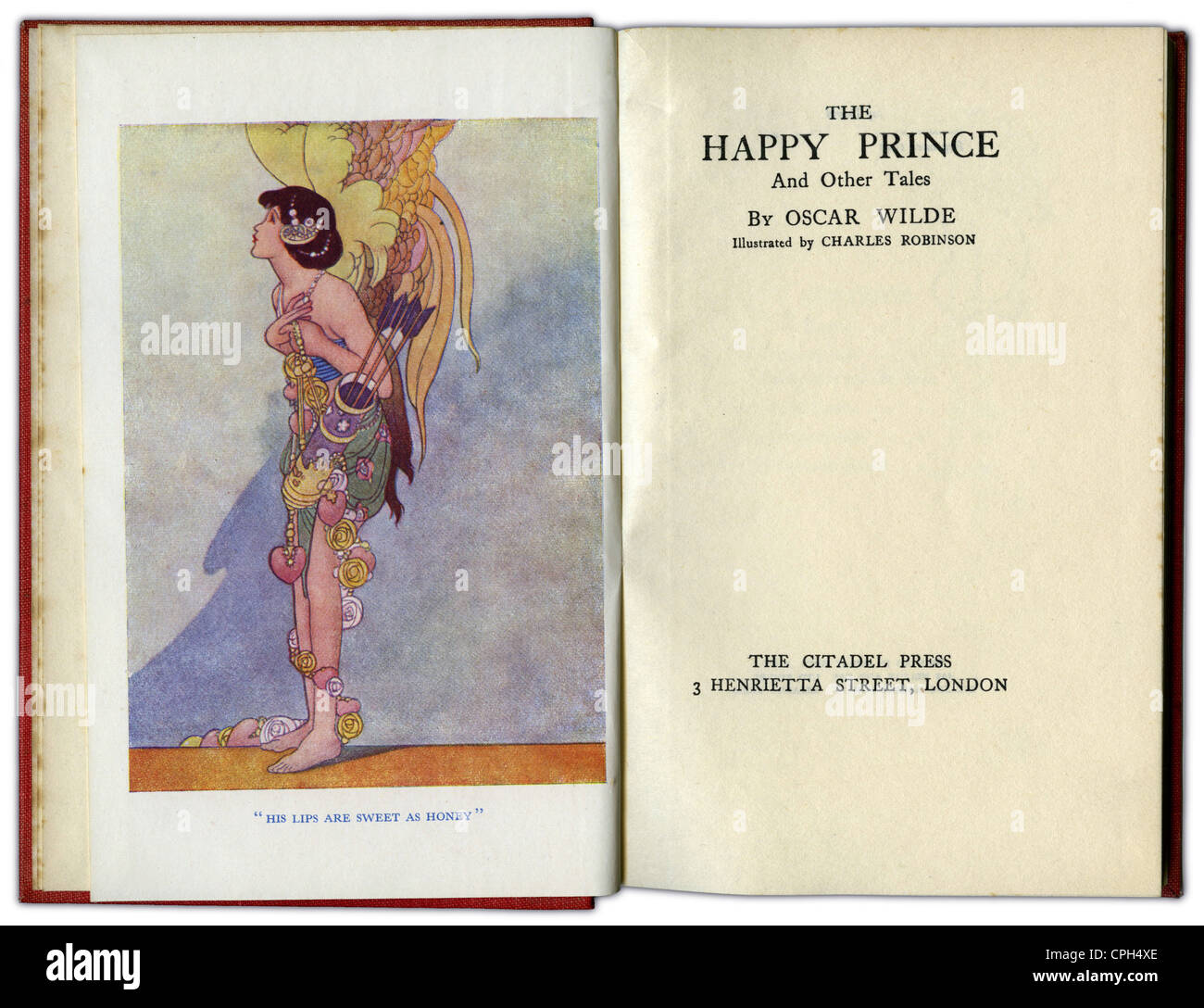
It has been adapted for radio (1936, 1944), for the stage (1941, Orson Wells) and as an audio recording with Bing Crosby as the prince (1946). However, there is an element of martyrdom as the Swallow dies because he allows the prince to put his needs above that of Swallow who should be warm and nesting in Egypt. It also covers the exploitation of power, hypocrisy and, spiritual growth through sacrifice. It has three major themes, 1) that outward beauty counts for little 2) that the redemptive power of love and of sacrifice are two saving graces and, 3) it illustrates the huge gap between rich and poor.

Wilde’s parents collected Irish folklore and that, along with supporting a young family may have influenced Wilde’s decision to write stories to appeal to a wider audience. Whilst depicting the poverty of Victorian England it contains all the elements of a classic fairy tale. One night a Swallow nests at his feet and the prince asks it to stay and to help the him help the poor but when the Swallow dies of cold, the heart of the happy prince breaks. From this height, he can see all the misery in the city.

When he dies his statue is set on a tall column. Reprinted complete and unabridged, these enchanting tales will appeal to devotees of Wilde and fairy tale fans of all ages.A fairy tale about a young Prince who lives and dies in a Palace where sadness is not allowed to enter. Also here are such favorites as “The Nightingale and the Rose,” “The Birthday of Infants,” “The Remarkable Rocket,” “The Devoted Friend,” “The Young King,” and “The Fisherman and His Soul.” Included here are “The Happy Prince,” a tale of a young nobleman who in his lifetime sought only pleasure, but in death, as a gold-encrusted statue, provides aid to the needy “The Selfish Giant,” in which children are prohibited from playing in the garden of an unfeeling colossus and “The Star-Child,” the tale of a beautiful boy whose ugly spirit causes his physical appearance to become equally grotesque. In this captivating collection you will find every one of the nine sensitive, unforgettable stories he wrote for young readers. But he also was a wonderful writer for children, the author of two charming volumes of fairy tales.

Oscar Wilde (1854–1900) is deservedly famous for the brilliant plays and other works he wrote for adults.


 0 kommentar(er)
0 kommentar(er)
